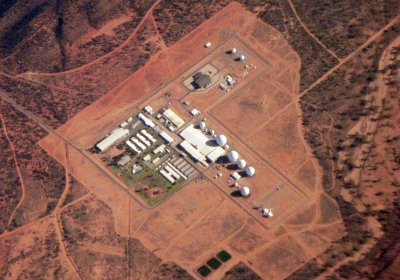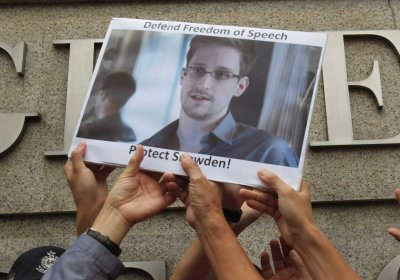A formal complaint has been lodged with the Inspector General of Intelligence and Security about possible Australian complicity in what the International Court of Justice regards as “plausible claims of genocide in Gaza”. Pip Hinman reports.
National Security Agency (NSA)
US President Donald Trump fired FBI director James Comey for one reason: he was not 100% loyal to Trump. The boldness of the move was to underscore Trump’s drive to establish an increasingly authoritarian presidency.
Sitting safely inside the head of a pale, grey telebot, slowly gyrating in an attempt to be innocuous; it turned to face the audience, introducing itself as Edward Snowden — the Worlds Most Wanted Man.
Luke Harding's The Snowden Files is a well-constructed overview of the biggest intelligence leak in history - but it is not without its flaws. The Guardian journalist tells a detailed story of Edward Snowden - from his childhood in a military, Republican family, his short education and brief, failed army career, to his meteoric rise through the intelligence services that eventually enabled him to turn whistleblower.
- Page 1
- Next page










